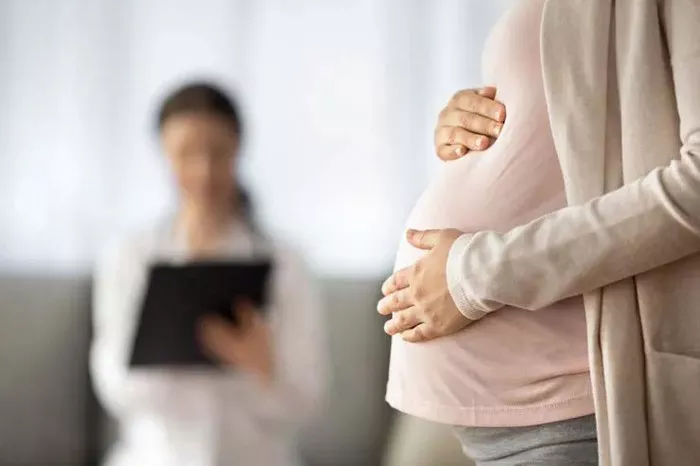Understanding the intricacies of the menstrual cycle is paramount for couples aiming to conceive. The menstrual cycle typically spans around 28 days, though this can vary from woman to woman. Divided into phases, the menstrual cycle begins with menstruation, followed by the follicular phase, ovulation, and finally, the luteal phase. Tracking these phases is crucial for identifying the fertile window, the prime time for conception.
Fertile Window
The fertile window refers to the timeframe during a woman’s menstrual cycle when conception is most likely to occur. It usually spans a few days around ovulation, encompassing the days leading up to and including ovulation itself. Understanding and accurately pinpointing this window can significantly increase the chances of conception.
Ovulation Timing
Ovulation, the release of a mature egg from the ovary, is the pivotal event in the menstrual cycle for conception. Determining the timing of ovulation is crucial for maximizing the chances of conception. Ovulation typically occurs around the middle of the menstrual cycle, approximately 14 days before the start of the next period in a 28-day cycle. However, this can vary, and tracking methods can help pinpoint ovulation more accurately.
Signs of Ovulation
While ovulation occurs internally and may not be immediately noticeable, there are physical signs and symptoms that can indicate it is happening. These include changes in cervical mucus consistency, a slight increase in basal body temperature, and mild abdominal discomfort known as mittelschmerz. Paying attention to these signs can aid in identifying ovulation.
Methods to Track Ovulation
Various methods can help track ovulation, empowering couples to pinpoint the fertile window with greater accuracy. Basal body temperature (BBT) charting involves tracking daily temperature to detect the slight rise that occurs after ovulation. Ovulation predictor kits (OPKs) detect hormonal changes that precede ovulation, while fertility apps use algorithms to predict fertile days based on menstrual cycle data.
Frequency of Intercourse
During the fertile window, the frequency of intercourse plays a crucial role in conception. While there is no one-size-fits-all approach, experts generally recommend having intercourse every one to two days during the fertile window to optimize the chances of sperm encountering the egg.
Factors Affecting Fertility
Several factors can influence fertility, including lifestyle choices, underlying health conditions, and age. Smoking, excessive alcohol consumption, obesity, and poor diet can all negatively impact fertility. Health conditions such as polycystic ovary syndrome (PCOS) or endometriosis may also affect fertility. Additionally, advancing age can decrease both the quantity and quality of a woman’s eggs, making conception more challenging.
When to Seek Professional Help
While many couples conceive naturally, some may encounter difficulties despite their best efforts. If conception does not occur after a year of regular, unprotected intercourse for women under 35, or after six months for women 35 and older, it may be time to seek professional help. Consulting a fertility specialist can help identify any underlying issues and explore appropriate treatment options to improve the chances of conception.
Conclusion
Timing conception involves understanding the menstrual cycle, identifying the fertile window, and pinpointing ovulation. By tracking ovulation using various methods and being aware of signs and symptoms, couples can increase their chances of conceiving. Lifestyle factors, health conditions, and age can influence fertility, highlighting the importance of maintaining a healthy lifestyle and seeking professional help if needed. With knowledge, patience, and support, many couples can achieve their dream of starting a family.


























